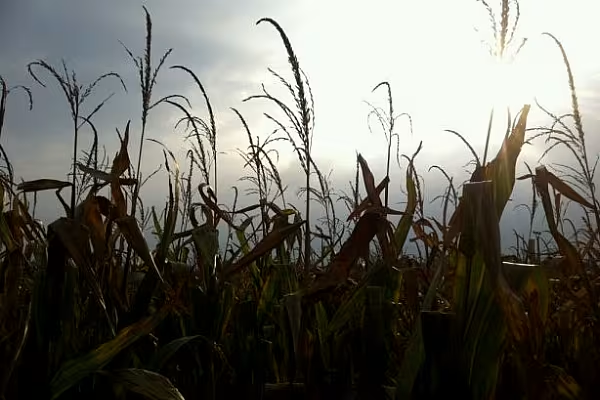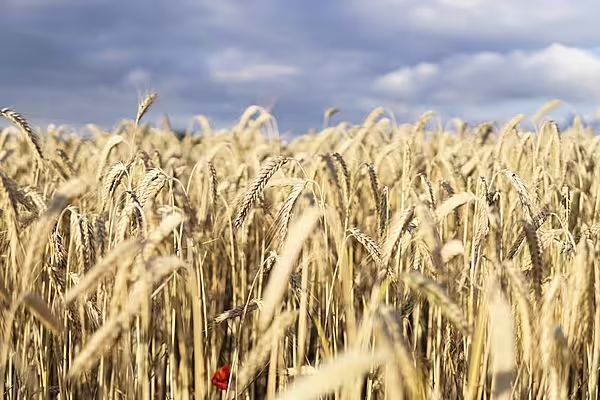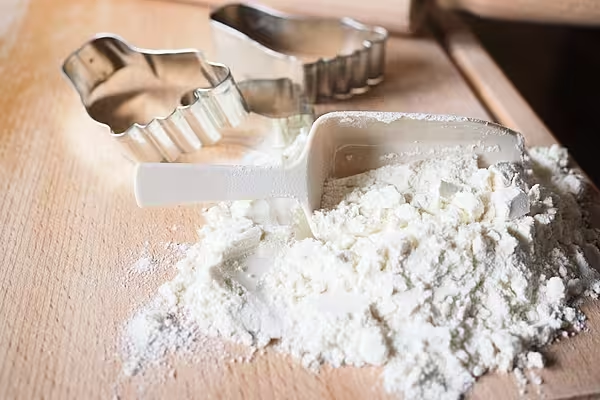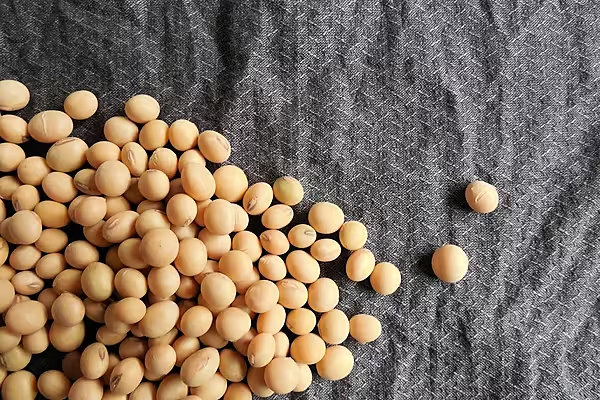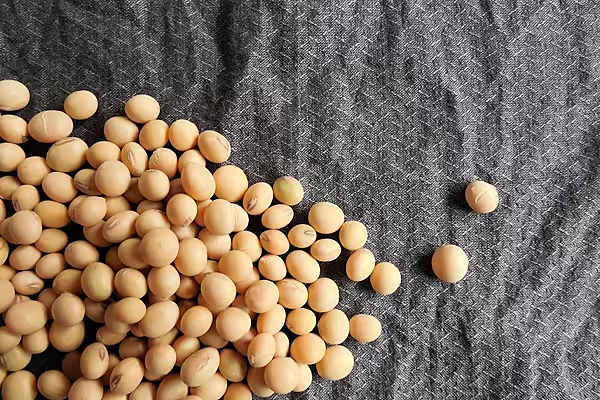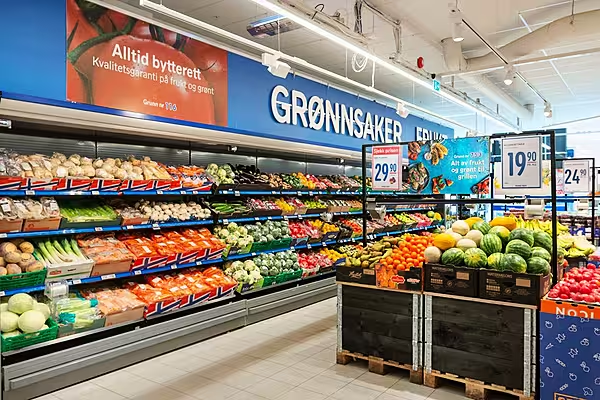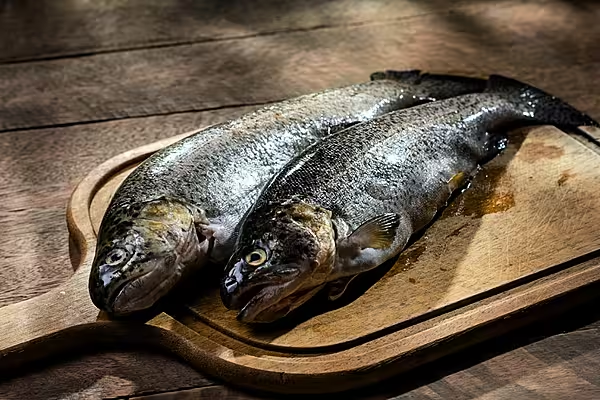Olam International, one of the world’s largest food-commodities traders, expects grain and oilseed prices to weaken further because the El Niño weather phenomenon will be less harmful to harvests than feared.
"We are bearish," Olam chief executive officer Sunny Verghese said in a recent interview in London. "El Niño will not be as severe" as many in the agricultural commodities market expect, he added.
Meteorologists from Australia to the US have predicted that the current El Niño may become one of the strongest ever recorded, matching the 1997-98 event that ruined crops with droughts and floods. El Niño can affect weather worldwide – and hence, crops – by baking Asia, altering rainfall across South America, and bringing cooler summers to North America.
Verghese, who bases his view on intelligence from farmers and the company’s own meteorological model, said that the current El Niño was unlikely to match the destructive impact on crops of almost two decades ago.
"Currently, our house view is that it will not be a major event," Verghese said. "It will be a moderate event, rather than a strong one, and, definitely, we don’t think it’s a super-El Niño."
The potential for El Niño-related crop losses has been a rare bullish factor in the agricultural commodities market, as growing grain stockpiles combine with slowing demand growth in China. Global food prices have already dropped to their lowest since April 2009, according to the United Nations Food and Agriculture Organization.
The bearish view from Olam – one the world’s top three traders of coffee and rice, and the largest exporter of Russian wheat – contrasts with banks including Nomura International and Rabobank International, which have warned about the El Niño risk.
Bloomberg News, edited by ESM. To subscribe to ESM: The European Supermarket Magazine, click here.
